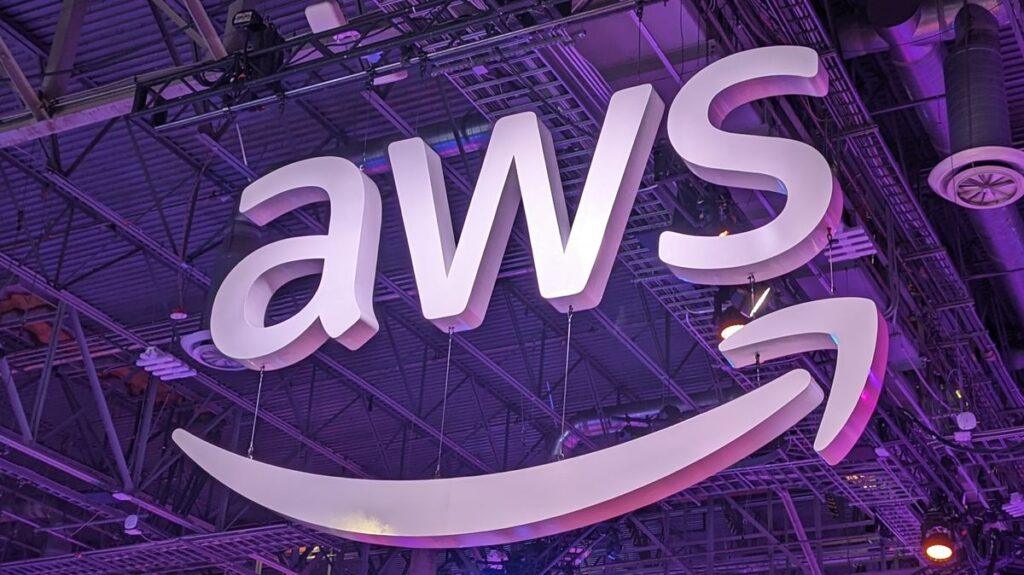- GeneralPurpose.8XLarge delivers 32 virtual cores and 128GB of memory plus 275GB of storage
- This is far cheaper than Azure or Google Cloud, but more expensive than OnPrem if you plan to keep it for 6 months or more
- You will – of course – need a separate computer to access the virtual workstation
AWS has expanded its desktop-as-a-service offering with the introduction of two new workstation-quality instances.
The company says these new instances will provide its customers with powerful cloud desktops for resource-intensive Windows workloads.
The new instance types, GeneralPurpose.4XLarge and GeneralPurpose.8XLarge, feature 16 and 32 virtual CPUs (VCPUs) with 64 GB and 128 GB of memory, respectively. Both include a 175GB root volume and 100GB for user file storage.
Windows only
Amazon is positioning the two new offerings as being ideal for developers, researchers, financial analysts and engineers who need to run demanding applications.
“Developers can handle large assembly and development tasks with tools like Visual Studio, IntelliJ and Eclipse, while engineers and researchers can run complex simulations with Matlab, Gnu Octave, R and Stata,” the company says.
The GeneralPurpose.8XLarge instance is AWS’s first to offer 32 VCPUs, but it doesn’t come cheap. With Windows licenses, the 32 VCPU version costs $590 per Month, while the 16 VCPU model is priced at $295 monthly. Hourly rates of $4.56 and $2.28 are also available for an additional $19 monthly fee.
Three, there’s no mention of pricing for Linux users, so it looks like this is a Windows-only offering for now. Users with their own Windows licenses (BYOL) can save a small amount – the 32 VCPU version drops to $544 ($4.40 per hour), while the 16 VCPU model is $272 ($2.20 per hour).
Although AWS’s 32-core virtual workstation offers competitive hourly rates compared to Azure and Google Cloud, it remains more expensive than on-premises options for extended use. In addition, of course, users will still require a separate device to access these cloud desktops.
In parallel with this announcement, AWS also introduced updates to its EC2 Image Builder, enabling Microsoft Windows ISO files to be directly converted to Amazon Machine Images (AMIS), simplifying the process of using existing Windows licenses with Amazon workspaces.



